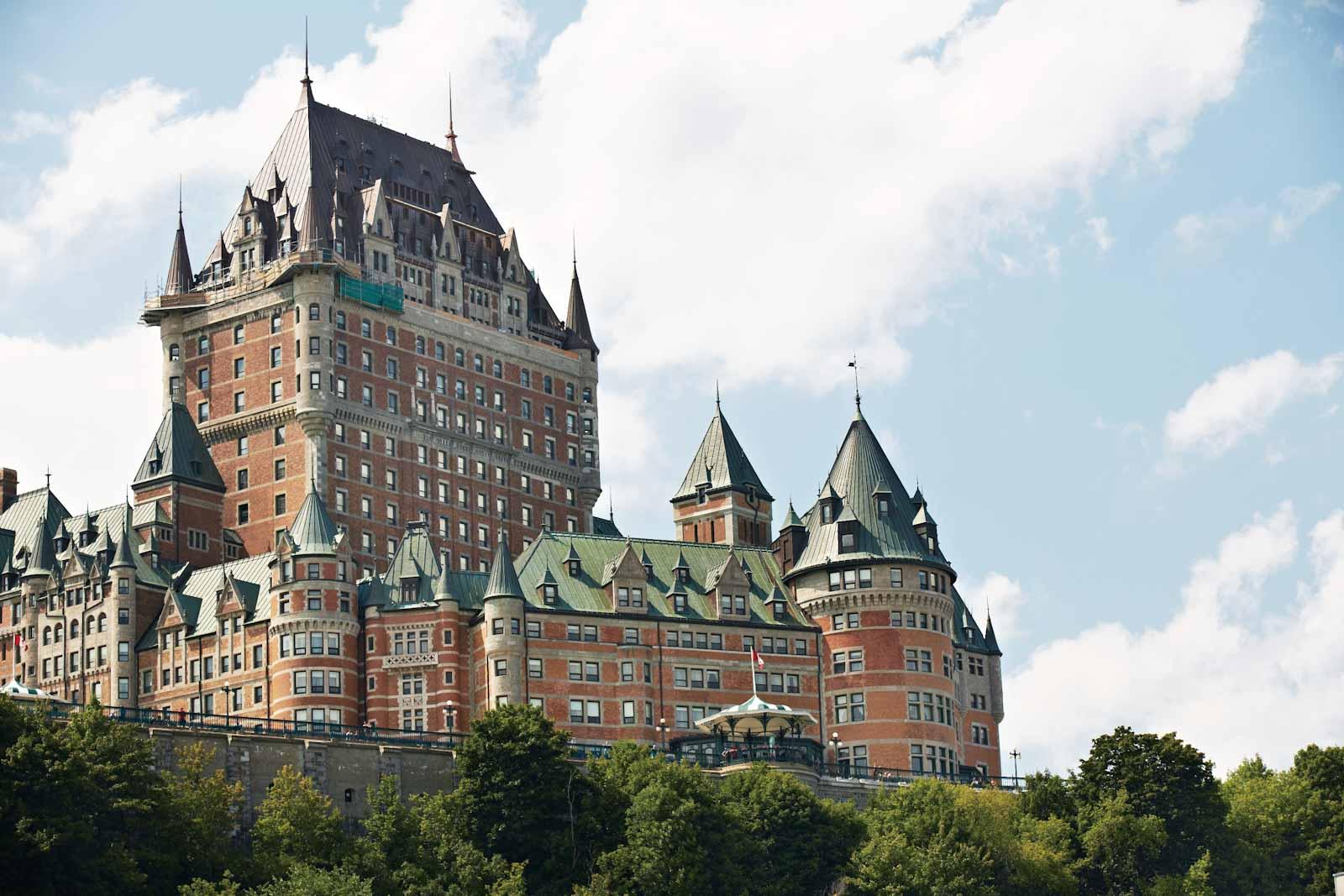One of the oldest cities in North America, you can’t help but feel like you’ve travelled into the past as you walk the cobblestone streets of Quebec City, visiting landmarks that have stood the test of time.
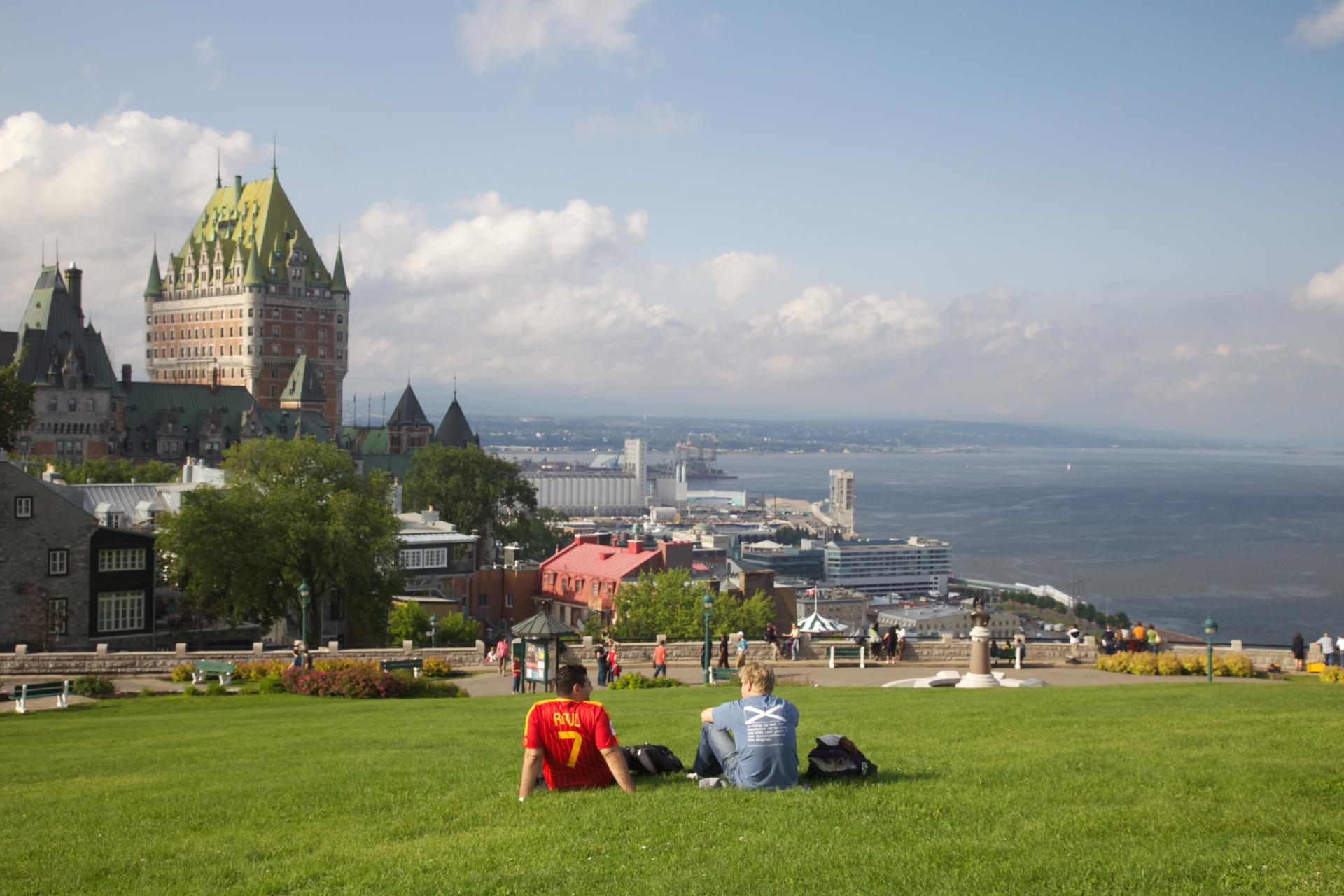
Old Quebec
Old Quebec (or Vieux-Québec, as the locals call it) isn't so much an attraction as a collection of impressive attractions, all within one historic area. This UNESCO world heritage treasure makes for the perfect day trip. In just a few hours you can see architecture dating back centuries, as well as stunning churches and chapels that drive home the religious history of the province. Of course, if you're not such a history buff, the area still has plenty to offer, from art and music to shopping and fine dining. Truly, a must-visit area of Quebec City.
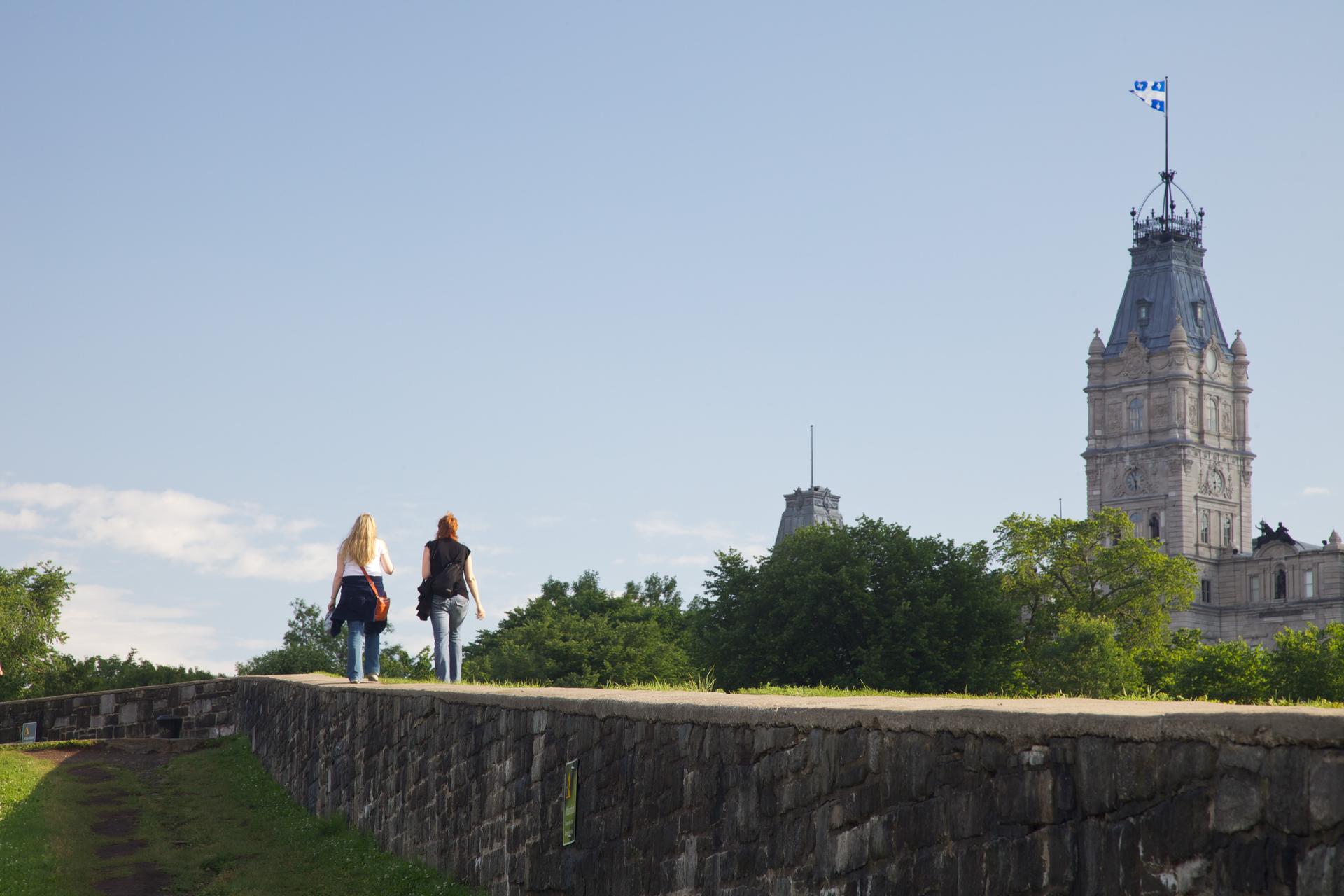
Fortifications of Quebec
Many people don't realise that Quebec is a walled city -- North America's only remaining fortified city in fact. At around 4.5 kilometres in length, the fortifications of Quebec are part of a defence system built between 1608 (when Samuel de Champlain founded the city) and 1871, by French then British and eventually Canadian forces. Take a tour along the walls to learn their history and enjoy views of the historic city within, and the St. Lawrence River beyond. Follow the walls right to the Citadel, a star-shaped fortress built following the War of 1812. Observe the Changing of the Guard ceremony, watch muskets being fired, and complete the experience with a visit to the new regimental museum. They might even let you try on some night-vision goggles.
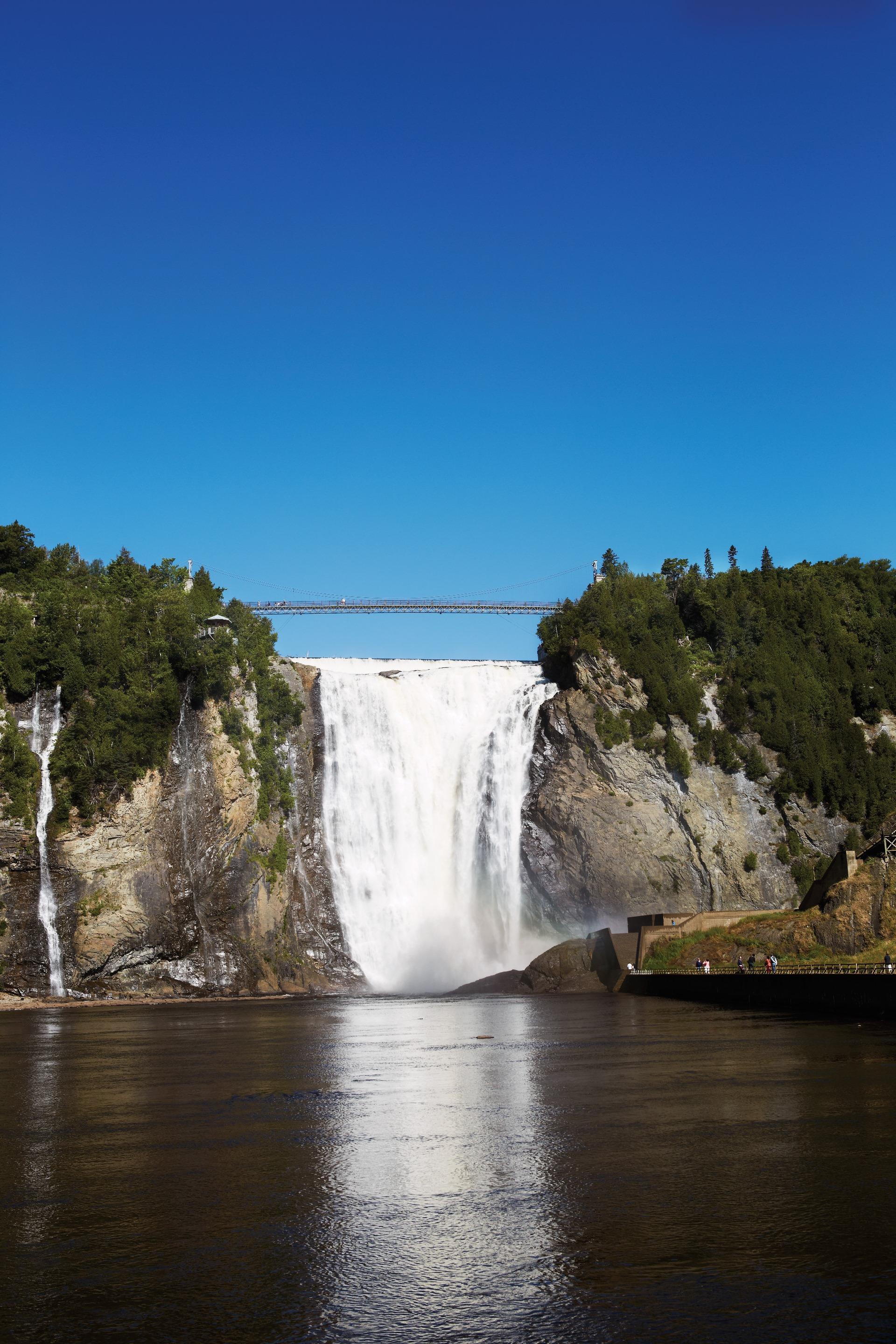
Montmorency Falls Park
Many people are surprised to discover that a waterfall one and a half times higher than Niagara Falls sits just minutes from Quebec City. At 83 metres, the Montmorency Falls are a sight to behold, both from within the city and up close and personal in the Montmorency Falls Park (Parc de la Chute-Montmorency in French). Hang out near the base and feel the mist on your face, or ride the gondola to the top for a spectacular view. More adventurous visitors might choose to hike one of the three Via Ferrata trails, stopping at viewpoints along the way for some Instagram-worthy shots- -- or even zip line across the falls. Of course, once you reach the top you can sit back and enjoy a great meal or a few celebratory drinks at the elegant Manoir Montmorency.
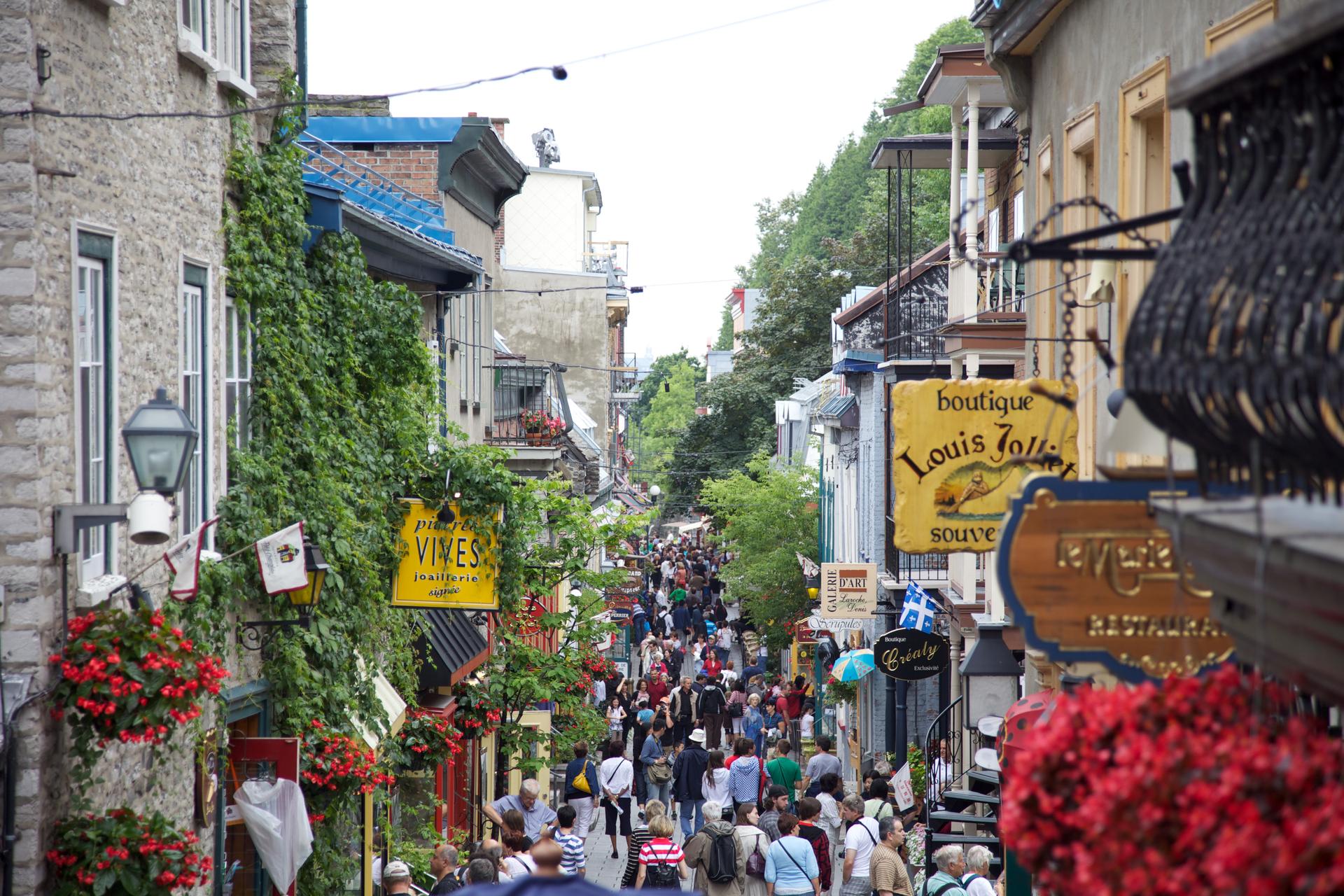
The Petit Champlain District and Place Royale
Visitors to Quebec City always talk about its European charm, and nowhere is this more true than in the Petit Champlain district (Quartier du Petit Champlain) -- one of the oldest neighbourhoods in North America. Walk the narrow, cobblestone streets and pop into the many boutiques and shops for a fashionable souvenir. Let your nose guide you to one of the many restaurants and bistros, and be sure to make time to indulge your sweet tooth with local maple syrup treats at the La Petite Cabane à Sucre. Just a short walk away is Place Royale, a small square with a big history. It was here that Samuel de Champlain founded the city in 1608. Today Place Royale takes visitors back in time with the help of the oldest stone church in North America, and a massive mural that traces 400 years of Quebec history.
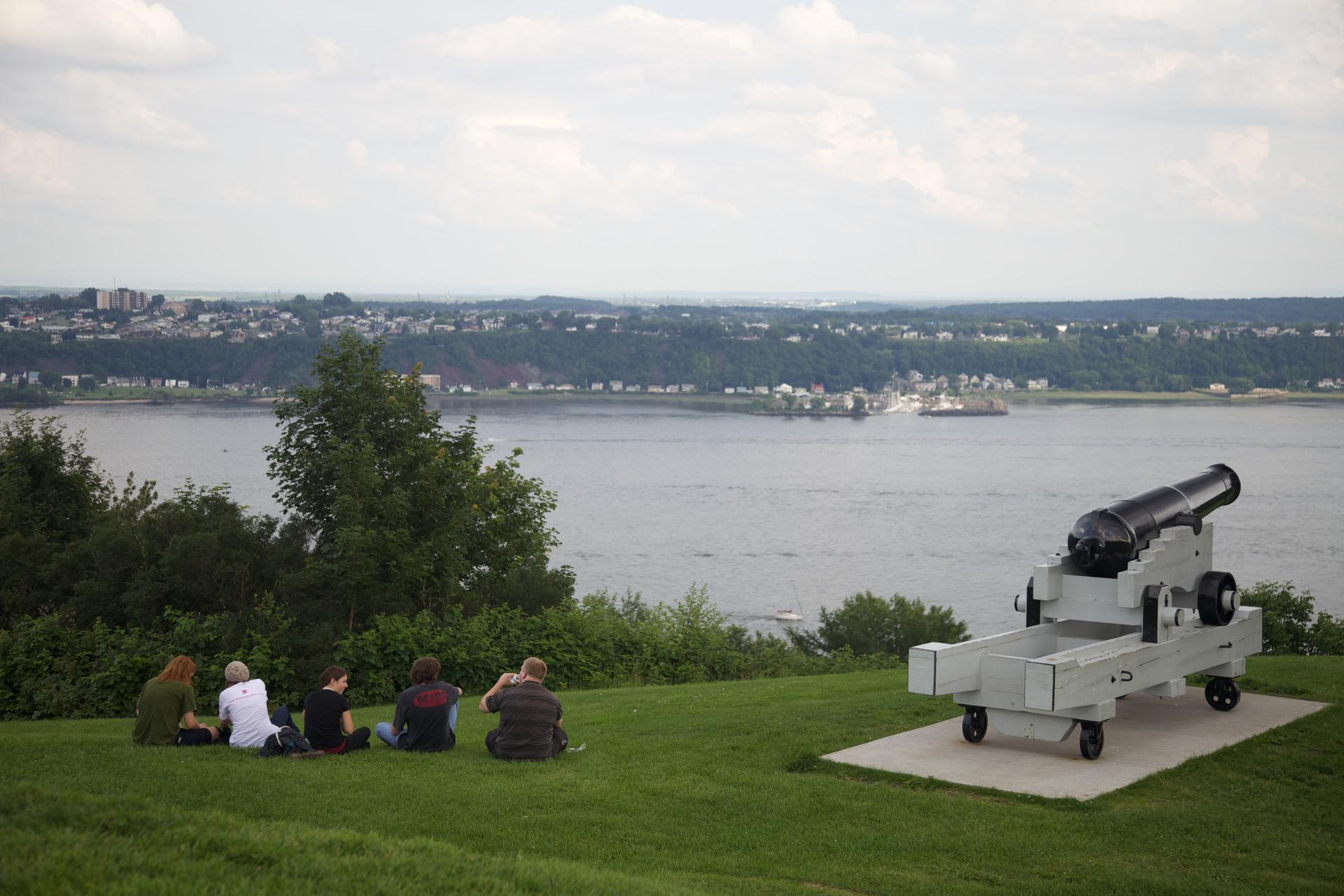
Plains of Abraham
The Plains of Abraham are Quebec City's Central Park: an incredible urban green space where you can enjoy nature steps from the city. It was here, on the Plains, that generals Wolfe and Montcalm fought for the future of the French and British Empires in North America. Now, on any given day you'll see people cycling, picnicking, cross-country skiing or snowshoeing, depending on the season. The Plains of Abraham also act as the setting for Le Festival d'été du Québec, a huge music festival every summer that has attracted the likes of The Rolling Stones, The Foo Fighters, and Lady Gaga, to name a few.
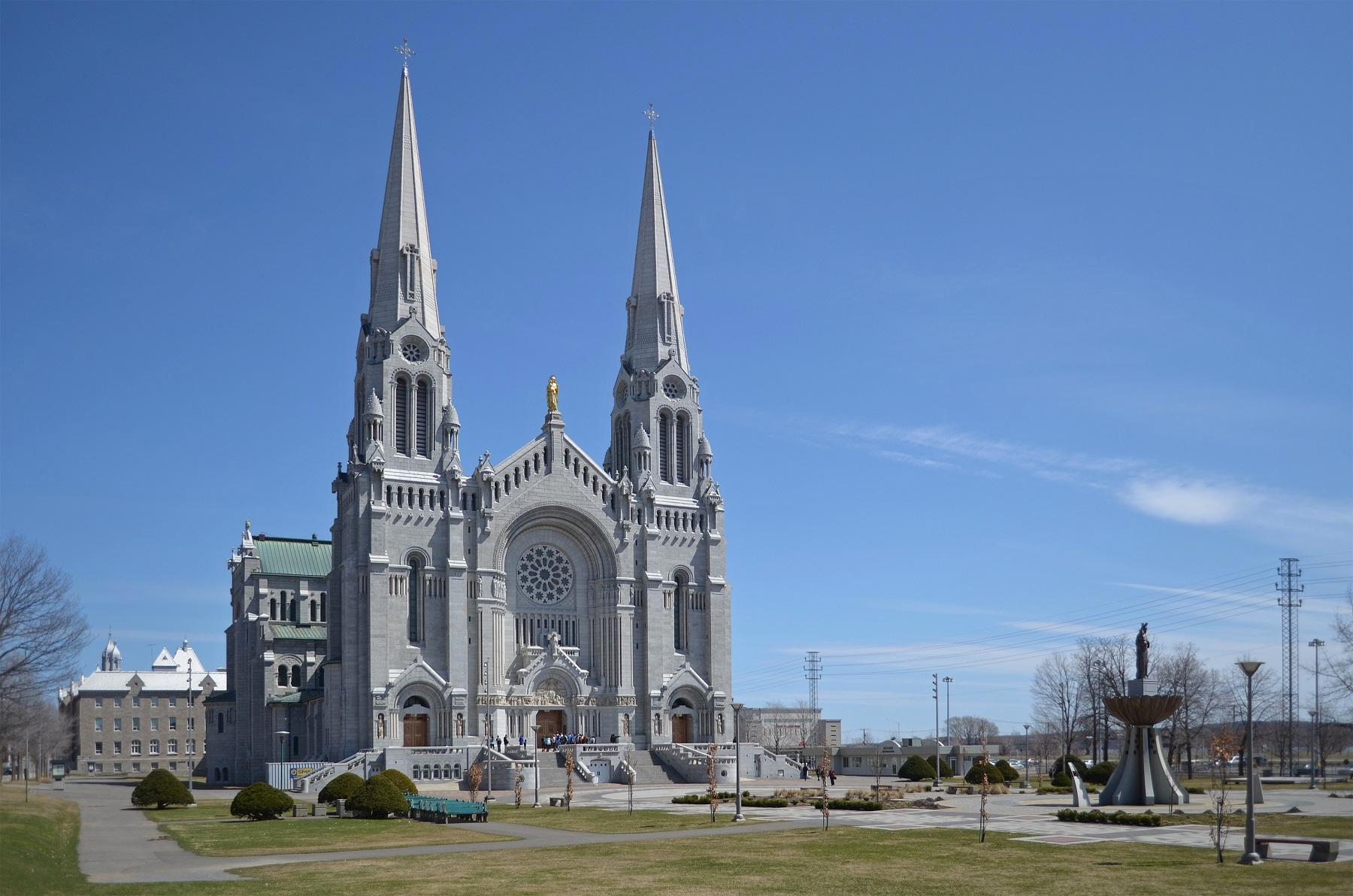
The Sainte-Anne-de-Beaupré Shrine
One million visitors every year make a point of stopping at the Sainte-Anne-de-Beaupré Shrine, and for good reason: the 350-year-old basilica is incredibly beautiful. Though the shrine is North America's oldest pilgrimage site, and still hosts daily mass, you don't have to be religious to appreciate the hundreds of stained glass windows, the many beautiful works of art, or the golden statue of Saint Anne at the center of it all.
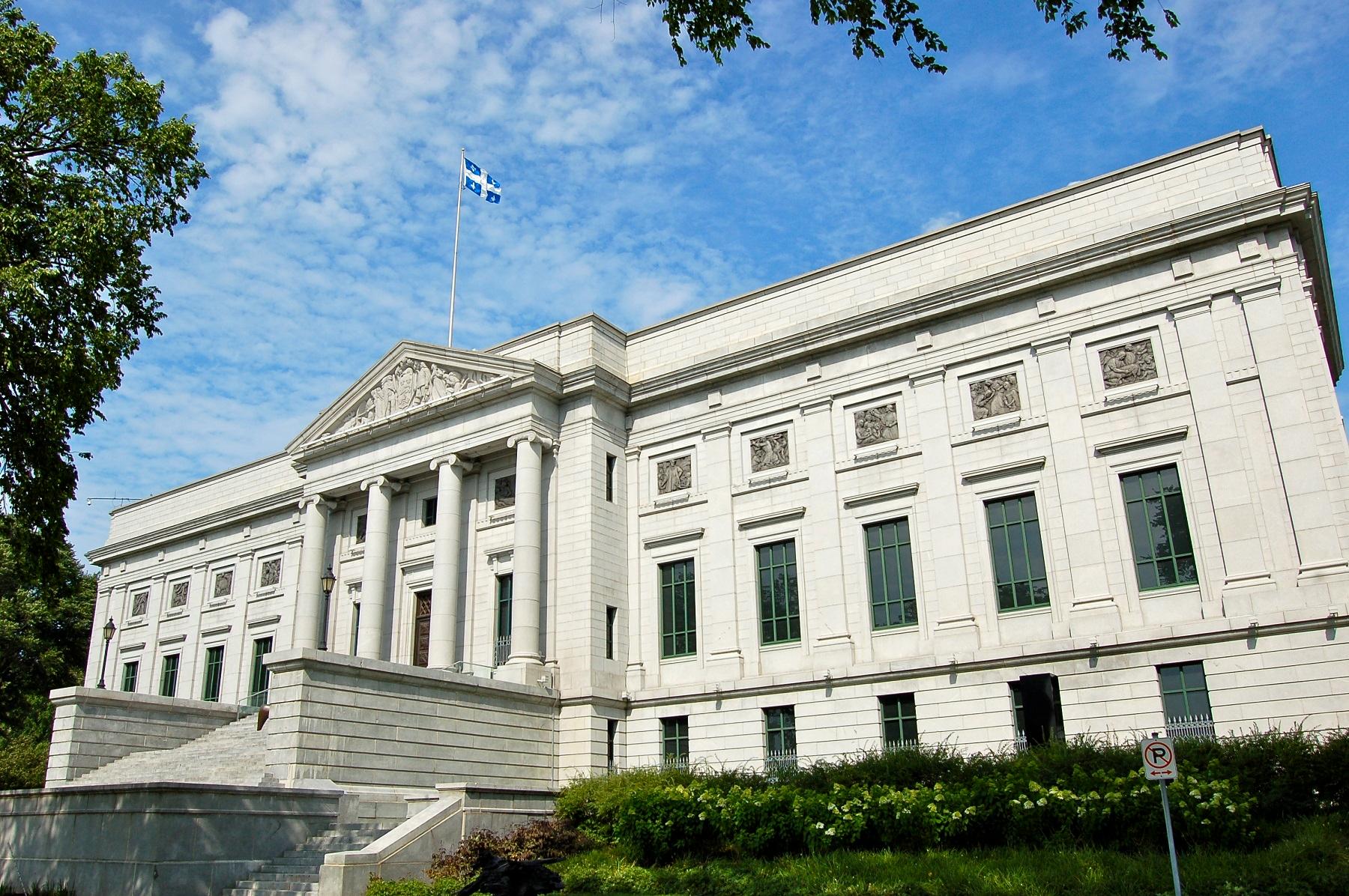
Musée de la Civilisation & Musée National des Beaux-Arts
Two major museums draw crowds year-round in Quebec City. First, the Musée de la Civilisation tackles the evolution of our society, and it does so even through the building itself, which is a mixture of old structures and modern design. Inside you'll find exhibits on Quebec's First Nations, the history of the province and a variety of touring exhibits covering the evolution of global civilisation. The Musée National des Beaux-Arts is the city's fine arts museum, with a collection of 38,000 works from the last four centuries. The museum takes particular care to highlight Quebec's artists and their work, including art that dates back to the French colonies that inhabited the area. Now the only question is which museum will you visit first?
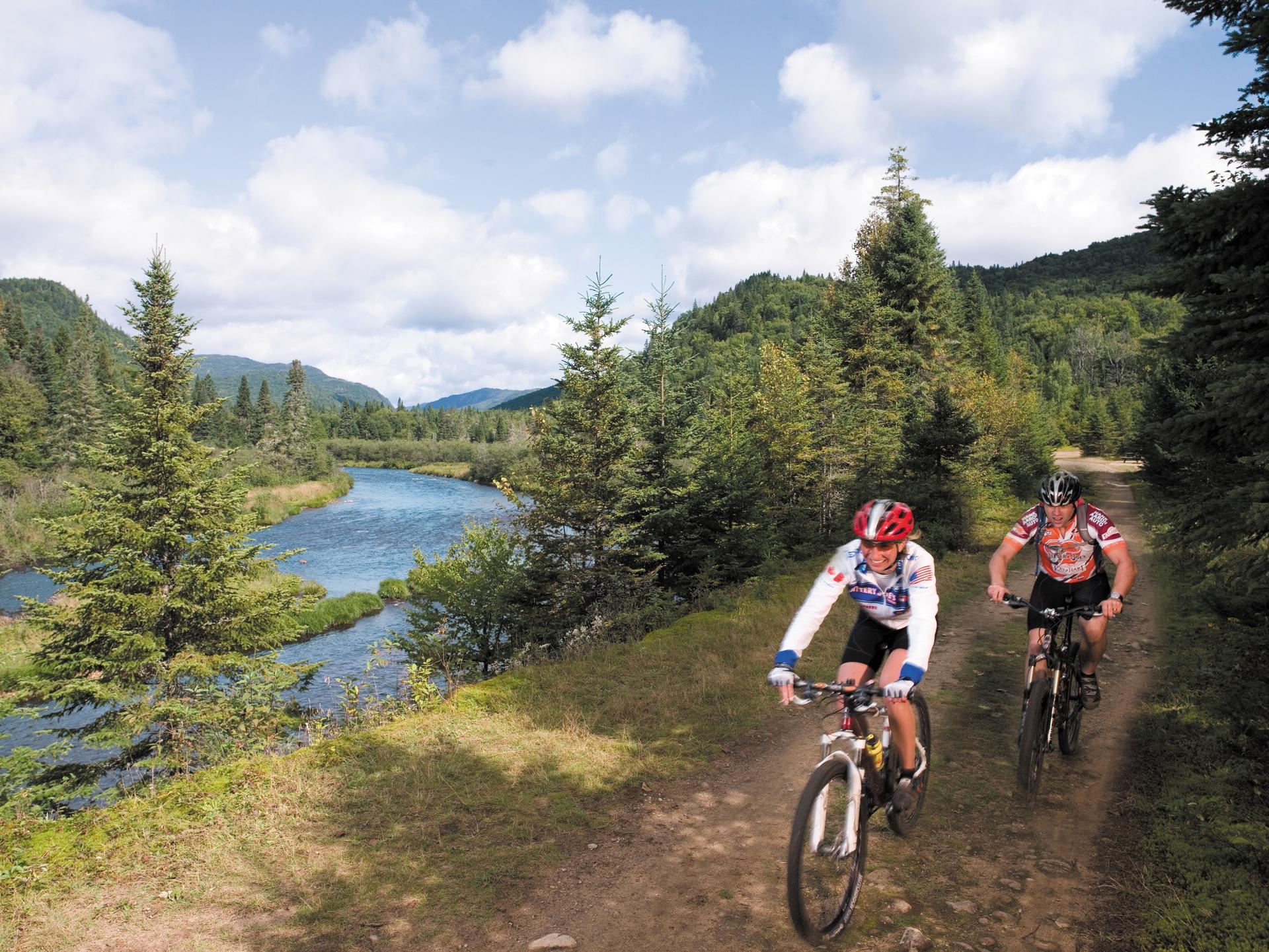
Jacques-Cartier National Park
What outdoor activities do you find the most fun? Are you a skiing, biking or hiking type of person? Or maybe you're more of a fishing, kayaking, stand up paddle boarding type of person? Perhaps you prefer a little wildlife viewing or geocaching? The good thing about Jacques-Cartier National Park is that you don't have to choose. Nicknamed 'Quebec City's Great Outdoors," the park's 415 square kilometres are home to all of those activities and more. Pack your tent, take off on 100 kilometres of hiking trails, traverse rivers, climb mountain plateaus, pass through valleys, and just enjoy everything Mother Nature brings to the table.
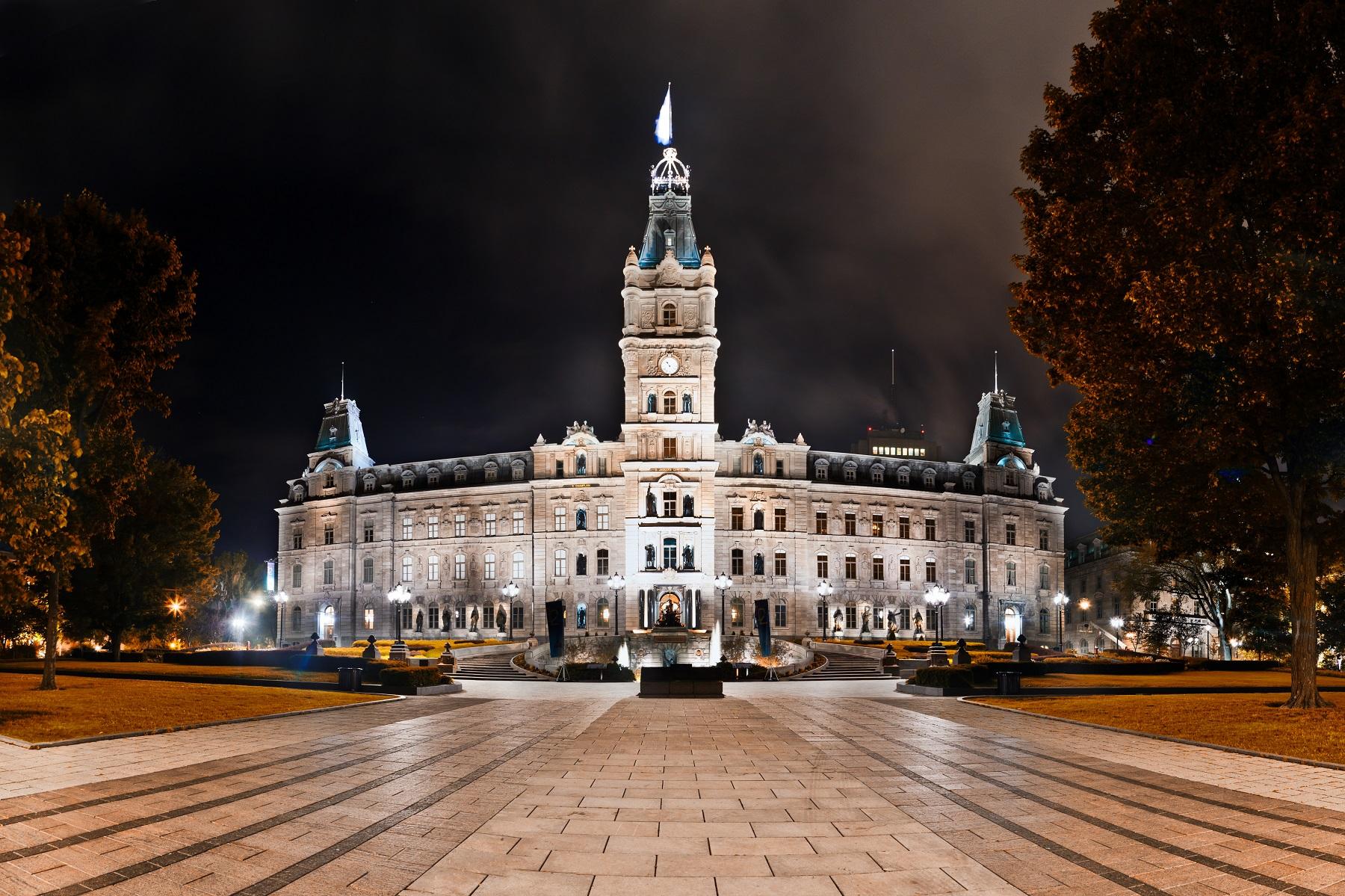
Parliament Hill
For over a century, Quebec's Parliament Building has stood prominently on top of a hill in the city. Though the building is home to political debate and decision-making, it has also become a popular cultural destination. Inspired by the Louvre Palace in Paris, the building is a beautiful piece of architecture, especially at night when it is lit up. The grounds of the building are adorned with 26 bronze statues to memorialise key figures in the history of the province, and the beautiful Fontaine de Tourney sits in front of the Parliament like an extravagant centerpiece. The surrounding park and gardens offer a 'green' getaway in the middle of the city, and its central location puts you within quick walking distance to stores, restaurants, and an art museum.
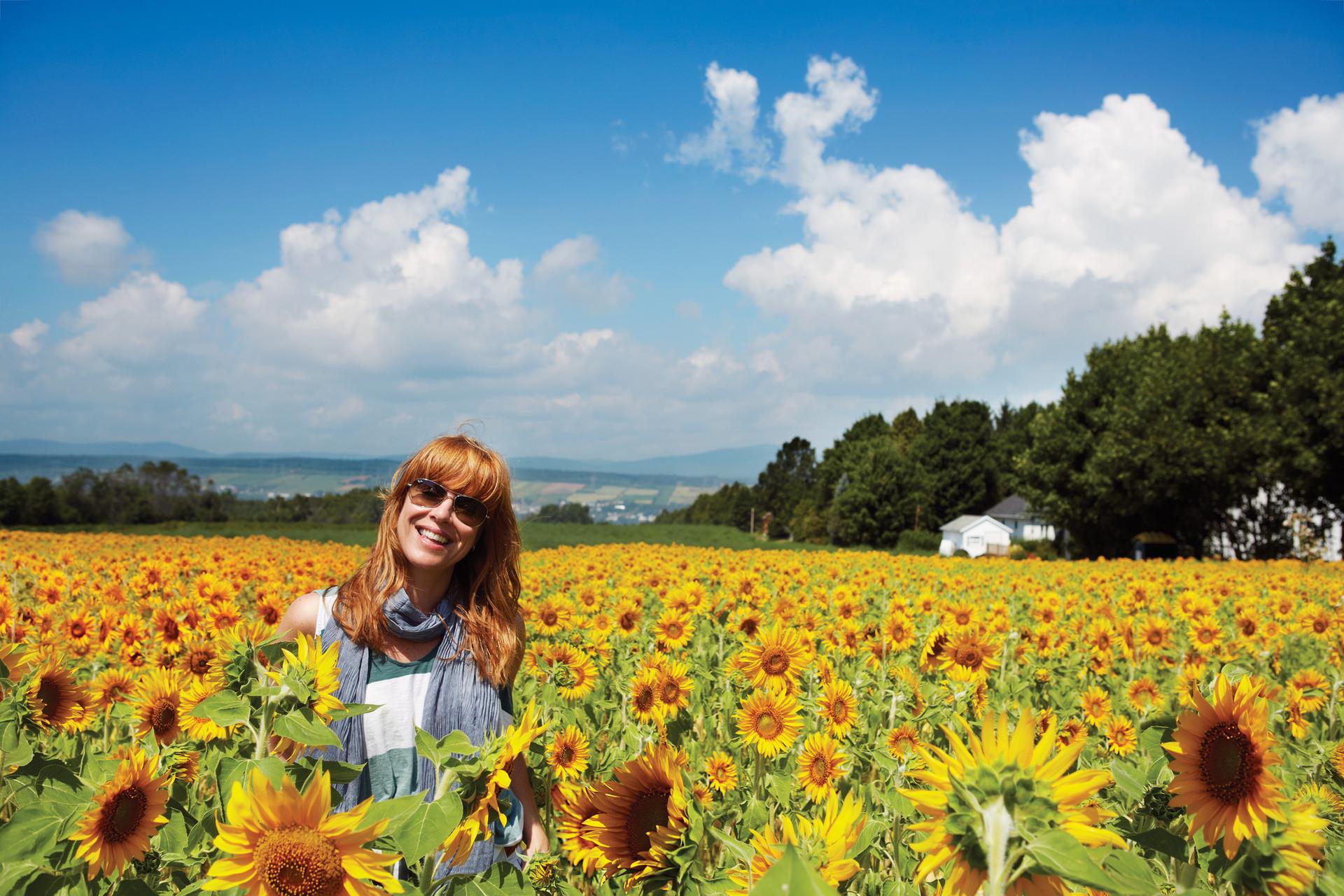
The Island of Orleans
The Island of Orleans is just a short drive across a bridge from Quebec City, but it offers a completely different perspective on the region. Orleans is an island of farmers and food producers, and as you travel the countryside you'll come across six distinct villages: Sainte-Pétronille is on the tip of the island, with great views of Montmorency Falls and even better local wine. Saint-Laurent is filled with farm stands and strawberry fields. Saint-Jean contains the preserved homes of the pilots who navigated ships in the St. Lawrence River in the mid-19th century. Saint-François has a popular observation tower with great views of the surrounding islands and St. Lawrence Estuary. Sainte-Famille is full of apple orchards. And finally, Saint-Pierre is the most populated village closest to the bridge to the city. Don't worry; you don't have to remember all of this. As you drive onto the Island of Orleans, you can pick up an audio guide for your drive.
